![]() The official trusted Lango website for the best information
The official trusted Lango website for the best information
![]() The official trusted Lango website for the best information
The official trusted Lango website for the best information
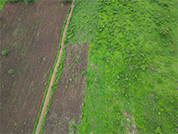
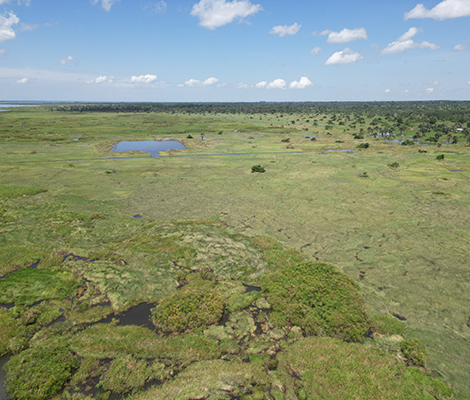
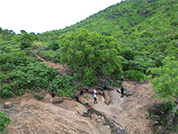
Years Of
Lango Heritage
The Lango people, a Luo-speaking ethnic group, trace their origins to the great Luo migrations from South Sudan around the 15th century. Settling in Northern Uganda, they established a vibrant agrarian society in the fertile lands between the Nile River and Lake Kyoga. Their early social structures, centered on clans and communal farming, fostered a deep sense of unity and cultural pride, which continues to define Lango today.
At the Lango Cultural Center, our mission is to document and share the rich history of the Lango people, from their ancient migrations to their modern contributions. We strive to educate both locals and visitors about Lango’s enduring cultural and historical significance, fostering pride and global appreciation.
"Our mission is to ensure that Lango’s history is not only preserved but celebrated. By safeguarding oral traditions, artifacts, and historical narratives, we aim to connect past generations with future ones, keeping Lango’s legacy alive."
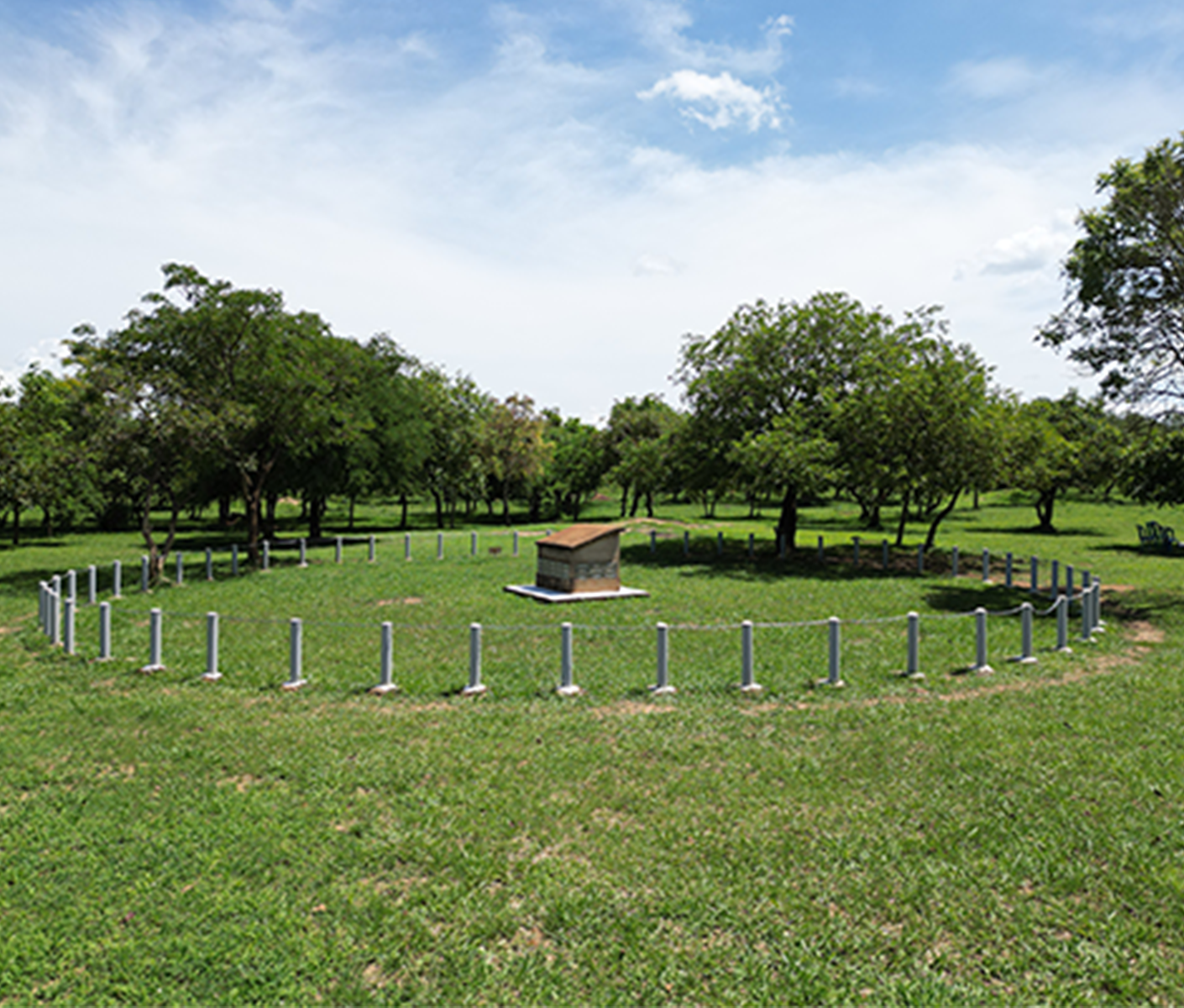
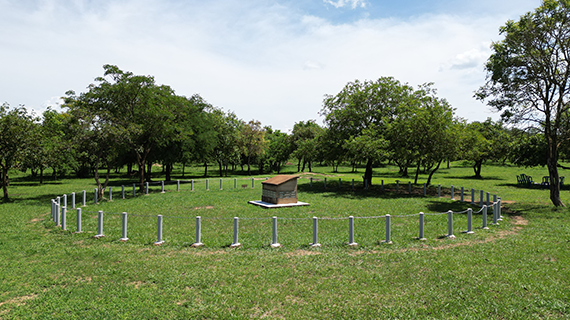

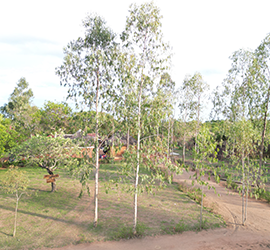
Our vision is to position Lango as a global hub for cultural and historical scholarship, where the stories of its people inspire unity and progress. We aim to create a legacy that honors Lango’s origins while empowering future generations to carry its heritage forward.
Create a comprehensive digital and physical archive of
Lango’s oral histories, artifacts, and cultural records.
Develop workshops and curricula to teach Lango’s history
to youth and visitors, fostering cultural pride.
Migration Origins: The Lango people, part of the larger Luo ethnic group, migrated from present-day South Sudan, following the Nile River. They settled in Northern Uganda, establishing communities in the fertile lands around Lake Kyoga.
Early Society: Organized into clans, the Lango developed a communal agrarian system, cultivating millet and sorghum. Their oral traditions, including storytelling and music, began to shape a distinct cultural identity.
Clan-Based Governance: Lango society solidified its clan-based structures, with leaders known as Rwot overseeing community affairs. Inter-clan alliances strengthened social cohesion.
Cultural Flourishing: Traditional dances like Okeme and ceremonial practices, such as marriage rites, became central to Lango’s cultural expression, distinguishing them from neighboring groups.
British Rule: The British colonial administration introduced taxes and administrative boundaries, disrupting traditional Lango governance. Despite this, Lango leaders maintained cultural practices.
Resistance and Adaptation: The Lango resisted colonial impositions through subtle defiance, preserving their oral histories and communal festivals as acts of cultural resilience.
Uganda’s Independence: With Uganda’s independence, Lango leaders played key roles in national politics, advocating for regional development. Lira became a central hub for Lango’s administration.
Cultural Continuity: Despite political upheavals, Lango’s cultural festivals and storytelling traditions remained strong, serving as a unifying force for the community.
Conflict and Recovery: The Lango region faced challenges during Uganda’s civil conflicts, including the Lord’s Resistance Army insurgency, which displaced communities. Lango’s cultural practices provided solace and identity.
Community Rebuilding: Post-conflict, Lango communities rebuilt through cultural revival, with elders leading efforts to preserve oral histories and traditional governance.
Lango Cultural Center: The establishment of the Lango Cultural Center marked a turning point, with initiatives to document history, promote festivals, and attract tourism.
Global Outreach: Lango’s cultural heritage gained international recognition, with festivals showcasing dances and crafts drawing global visitors.
Digital Preservation: The Lango Cultural Center launched digital archives, making Lango’s history accessible worldwide, from oral narratives to historical artifacts.
Cultural Leadership: Lango emerged as a leader in African heritage preservation, hosting cultural exchanges and empowering communities through sustainable tourism.